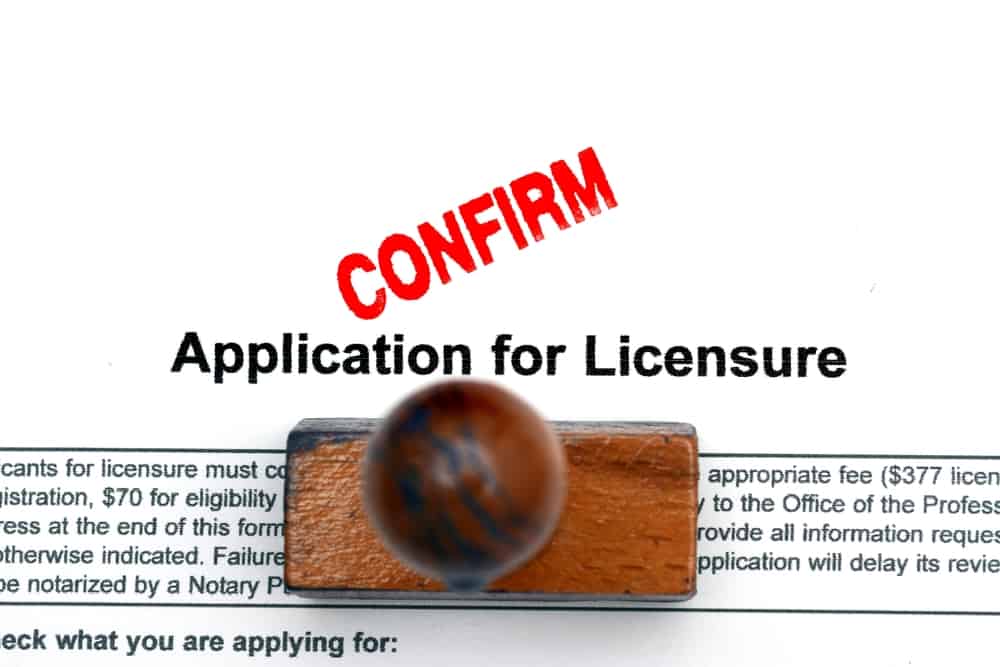Before you sit down to ask questions of a lawyer you must do your homework. You must identify the profile of a lawyer who will meet your needs and that will be defined by your problem or objective.
Lawyers generally practice in specialties. The largest specialty is trial law where disputes are settled in court. Trial lawyers usually further specialize in criminal law or civil law.
Other lawyers advise clients, research the law and prepare legal documents including formal legal opinions. Within that group, there are further specialties including commercial and contract law, patent law, tax law, immigration law, international law, environmental law. Finally, just as in medicine, there are general practitioner lawyers, particularly in small towns.
Attorneys practice in a variety of profiles including sole practitioners, small firms, and large firms, and mega-firms with multiple and even international locations.
When you have identified your problem or project it is most helpful if you, a friend, or relative has experienced the same or similar legal need and has employed an attorney whose work was very good. Otherwise, you can consult various online directories for references.
Once you have narrowed your choices you should check with your state bar association to see if any disciplinary actions have been filed against the selected lawyer. Then, schedule an interview. Most often the introductory interviews are free but check.
Best advice: after you explain your issue or problem, ask questions, ask questions, and ask more questions. Don’t be shy. Lawyers expect it and appreciate it. The more questions you ask the more the lawyer will realize that you will hold them to high standards. These are the 4 most important questions to ask:
1- How long have you been practicing and what areas of specialty do you have?
Like everything else, knowledge is best gained by experience. Group law practice is typically organized in hierarchies of experience with younger lawyers doing most of the groundwork while being mentored and guided by older lawyers.
2- How will you handle my case and who will do the work?
Will you do the work? Will younger associates do most of the work? How much supervision will you exercise? How much paralegal services will be involved?
3- What is your preliminary assessment of the strength of my case or the likelihood of outcome?
Expect some hedging which is understandable depending on the novelty of your issues. Part of the legal services might involve legal research. But the lawyer can at least explain the variables.
4- What about fees?
Will there be an engagement letter and can I see your form? What are the hourly billing rates for senior lawyers (partners), junior lawyers (associates), and paralegals? Do you provide services on a contingent fee basis?
It doesn’t hurt to consult more than one lawyer before hiring them, particularly if your case involves litigation. This has less to do with their competence or experience. It has more to do with their preliminary prognosis. You want an honest (second) opinion of your likelihood of success. You don’t want to waste your money on a matter that has little chance of success. A lawyer who is hungry for clients might tend to be overly optimistic.



